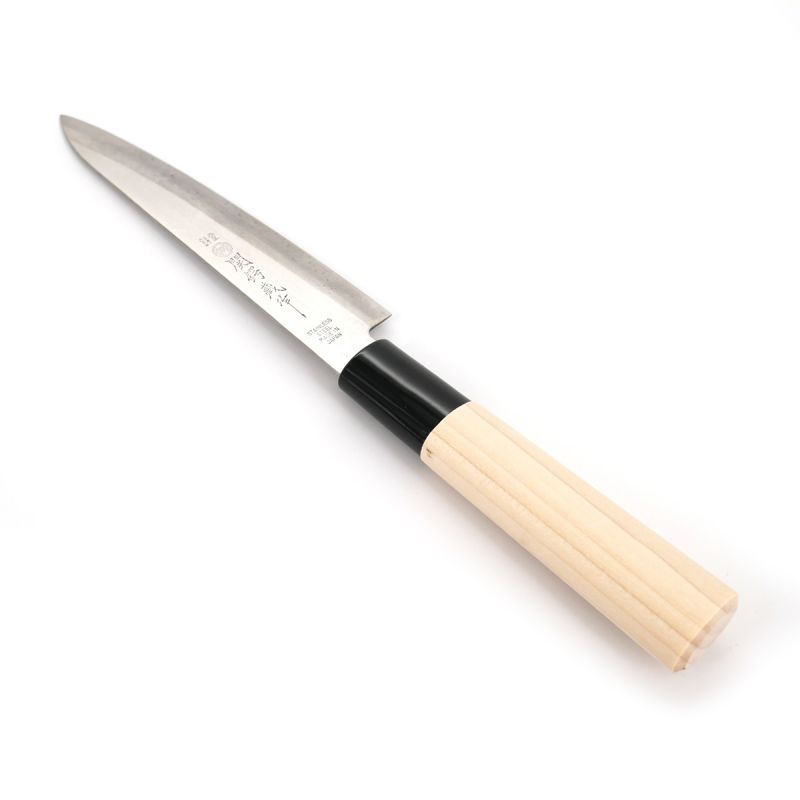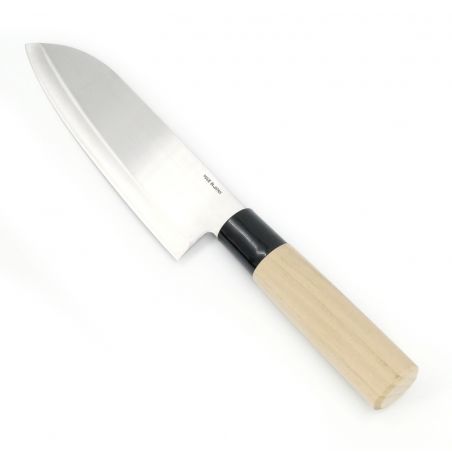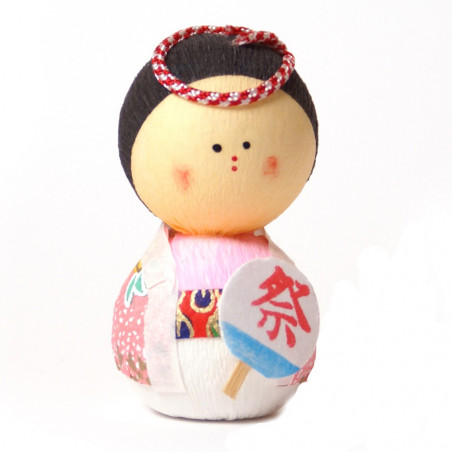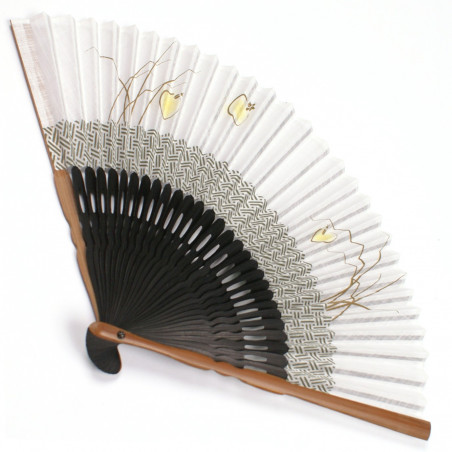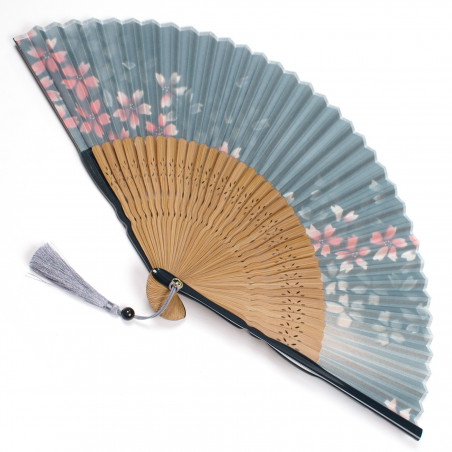
Secure payment
Payment by credit card, check and bank transfer.
Sending around the world
Shipment anywhere in the world and in the European Union without customs duties.
Satisfied or refunded
You have 14 days to return your order without reason.
Japanese knife for cutting small foods, PETTY, 12cm
Japanese knife for cutting small foods, PETTY, 12cm
Brand
DELIVERY AND RETURNS
Delivery delay :
1 to 3 working days for France, Belgium and Switzerland.
3-5 working days for other countries in Germany, Italy, Spain, United Kingdom, Netherlands, Denmark and Austria
3-5 business days for other countries via DHL
This item is shipped from our warehouse in France.
You can return or exchange an item within 14 days of receiving your order. For more information, see our Return Policy
Technical Data
| Blade length | 12 cm |
|---|---|
| Compositions | steel |
| Product origin | made in Japan |
| Dishwasher safe | no |
| Compatible with microwave | no |
| Production region | Seki - Gifu Prefecture |
| kind of steel | Acier inoxydable |
| Composition of the handle | bois d'hinoki, polypropylène |
Read more
Japanese universal knife blade size 12 cmCare and Use TipsHigh quality knives must be cured, so that you can always be satisfied with their sharpness and longevity.- Before they are used for the first time, they must be rinsed once with very hot water.- After each use, immediately clean the blade without using aggressive detergents and wipe with a soft, dry cloth. For your safety, it is best to wipe the knife by the back of the blade not by the cutting edge.- Rinse the knife immediately after using aggressive substances such as lemon juice, for example.- Never put the knives in a dishwasher. This can affect not only the material but also the sharpness of the blade.- As a cutting base, never use glass or granite surfaces. They are easy to maintain, but damage the sharp edge of even the toughest steel. Use only boards made of wood or not too hard plastic.- When storing your knives, be careful not to put them in contact with other metal objects. So you will avoid damaging the cutting edge. At best, store them in a gift box, in a wooden drawer case or, for Japanese boards, in a wooden case.- Do not use knives to cut bones , bones or frozen foods.
The design of our knives
The Japanese prefecture of Niigata has always been a hotbed of ancient metalworking in Japan, especially the Tsubame-Sanjo region, named after the two towns that make up the region.
The local history of metalworking originates in the Igarashi riverbed that runs through Sanjo: it was here that iron particles were discovered eight hundred years ago.
The particularity of Japanese knives is their specific alloy of carbon steel forged with boric acid, giving their blade the hardness that makes them famous throughout the world.
Creating each of these pieces in accordance with tradition requires time, but also many steps. Elles nécessitent de maîtriser des compétences manuelles sont transmises de génération en génération.
seen recently
TRUSTED SHOP CUSTOMER REVIEWS

























































